Politics
|
Powerful Knowledge |
|
The overarching knowledge on all three papers includes: • develop knowledge and an informed understanding of contemporary political structures and issues in their historical context, both within the United Kingdom (UK) and globally • develop a critical awareness of the changing nature of politics and the relationships between political ideas, institutions and processes • develop knowledge and an informed understanding of the influences and interests which have an impact on decisions in government and politics • develop knowledge and an informed understanding of the rights and responsibilities of individuals and groups • develop the ability to critically analyse, interpret and evaluate political information to form arguments and make judgements • develop an interest in, and engagement with, contemporary politics.
Paper 1 - UK Politics This section explores the nature of politics and how people engage in the political process in the UK. Students will explore the emergence and development of the UK’s democratic system and the similarities, differences, connections and parallels between direct and indirect democracy. They will focus on the role and scope of political parties that are so central to contemporary politics, including the significance of the manifestos they publish at election time and their relevance to the mandate of the resulting government. This section allows students to understand the individual in the political process and their relationship with the state and their fellow citizens. Students will examine how electoral systems in the UK operate and how individuals and groups are influenced in their voting behaviour and political actions. This component will further examine the role of the media in contemporary politics. It will also give students an understanding of voting patterns and voting behaviour. There are four content areas in UK Politics: 1. Democracy and participation 2. Political parties 3. Electoral systems 4. Voting behaviour and the media.
Core Political Ideas This section allows students to explore the three traditional political ideas of conservatism, liberalism and socialism. Students will learn about the core ideas and principles and how they apply in practice to human nature, the state, society and the economy, the divisions within each idea and their key thinkers. There are three content areas in Core Political Ideas: 1. Liberalism 2. Conservatism 3. Socialism 4. Feminism
Paper 2: UK Government Students will gain a fundamental understanding of the nature of the UK government, this enables students to understand where, how and by whom political decisions are made. The component also gives students a base of comparison to other political systems. It further introduces students to the specific roles and powers of the different major branches of the government – legislative, executive, and judiciary – as well as the re Students will explore the following key themes: the relative powers of the different branches of UK government; the extent to which the constitution has changed in recent years; the desirability of further change; and the current location of sovereignty within the UK political system. UK Government There are four content areas: 1. The constitution 2. Parliament 3. Prime Minister and executive 4. Relations between the branches.
Politics and Government of the USA Students will explore the US Constitution and the arguments surrounding this guiding document of US democracy. In learning about the key institutions of government in the USA and analysing the manner in which they achieve this power and exercise it over their citizens, students will judge ultimately whether ‘liberty and justice for all’ has been achieved in the USA. Students will be expected to highlight the debates on the nature of democracy in the USA and evaluate the extent to which it remains an issue. The impact of the US government on the world beyond its borders is increasingly a feature of international politics. Students will begin to engage with this interaction by comparing and contrasting politics and institutions in the US with those in the UK. This will develop a wider understanding of politics as a discipline, underpinned by the theoretical concepts of comparative politics.
1. The US Constitution and federalism 2. US Congress 3. US presidency 4. US Supreme Court and US civil rights 5. US democracy and participation 6. Comparative theories. |
|
Literacy |
|
Students are:
|
|
School Context |
|
The aim of the course is to broaden the political horizons and the understanding of local, national and global politics and democracy. Examples are used from the local constituency as it highlights the failings of FPTP and ‘safe seats’ within the British system. During our topic on voting behaviour we pay specific attention to the themes of religion and ethnicity as we are aware of the students lack of personal experience of multicultural and multifaith motivations for their voting intentions. This is further explored when looking at American civil rights and voting behaviour. |
|
Assessment |
|
100% final examination. Knowledge tests are used to reinforce learning within each topic. Due to the complexity of political language short answer definition questions are used to check understanding. More formal assessments take place twice a half term. These are generally past paper essay or document questions. We use a ‘student friendly’ generic mark scheme to track levels and so students know which skills they need to improve upon. There is also teacher guidance on areas of strength as well as a diagnosis of what needs to improve to maximise marks. There are also summer exams in year 12 where a full paper is sat and mock exams in year 13 where 2 papers are sat. |
|
Careers |
|
You will develop research and communication skills through a balanced handling of complex questions and an up-to-date knowledge of current affairs. You will develop your analytical skills by evaluating political concepts and arguments from competing and sometimes controversial perspectives. These are skills highly valued by Higher Education institutions and employers. |






